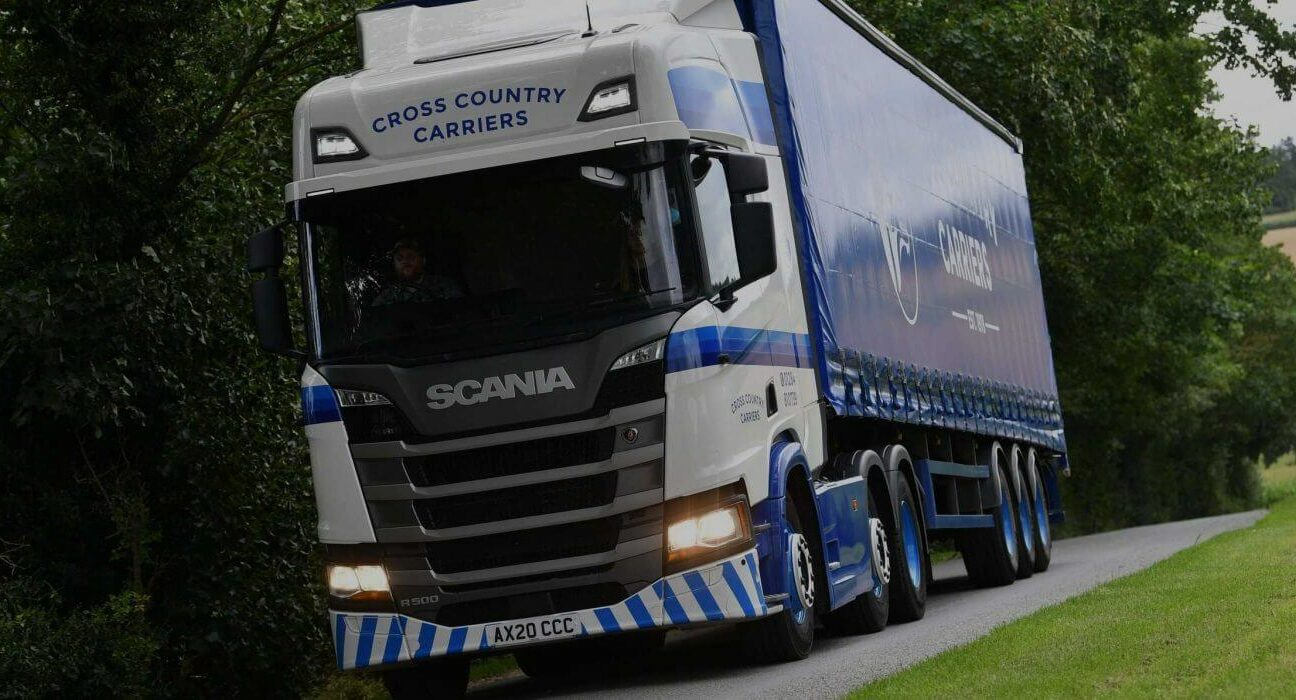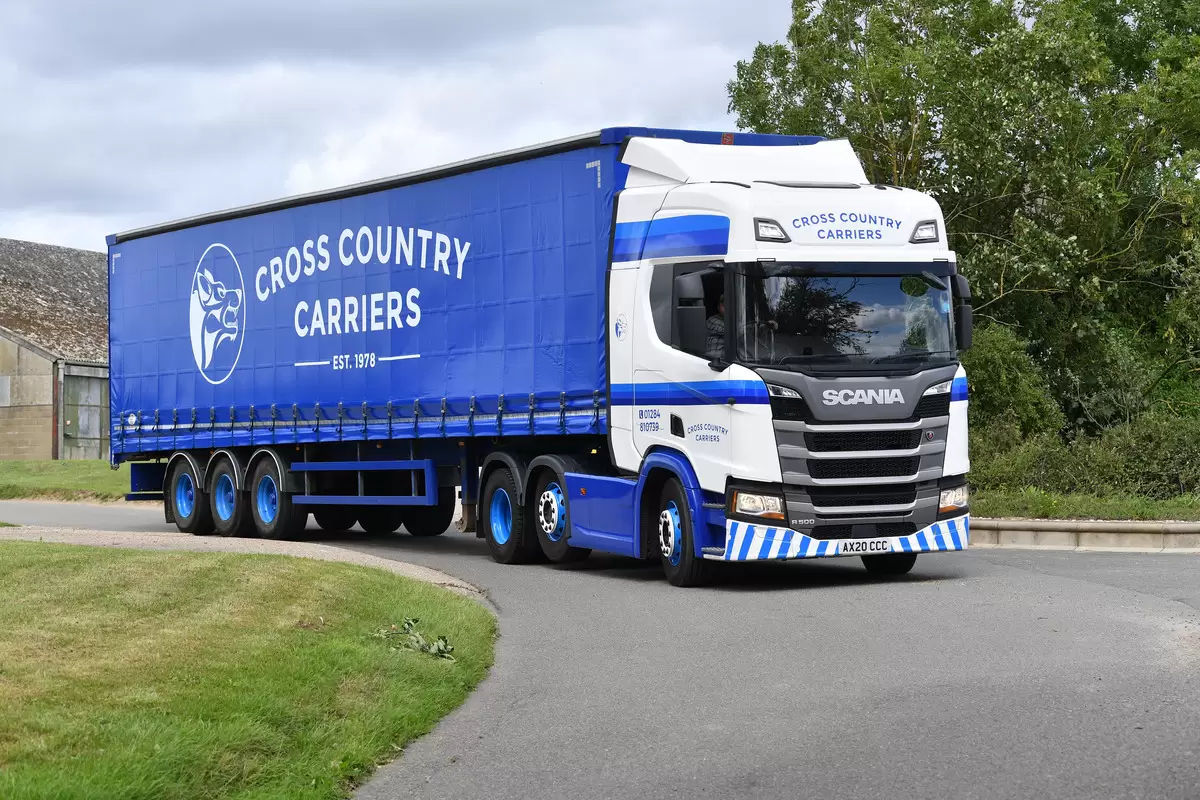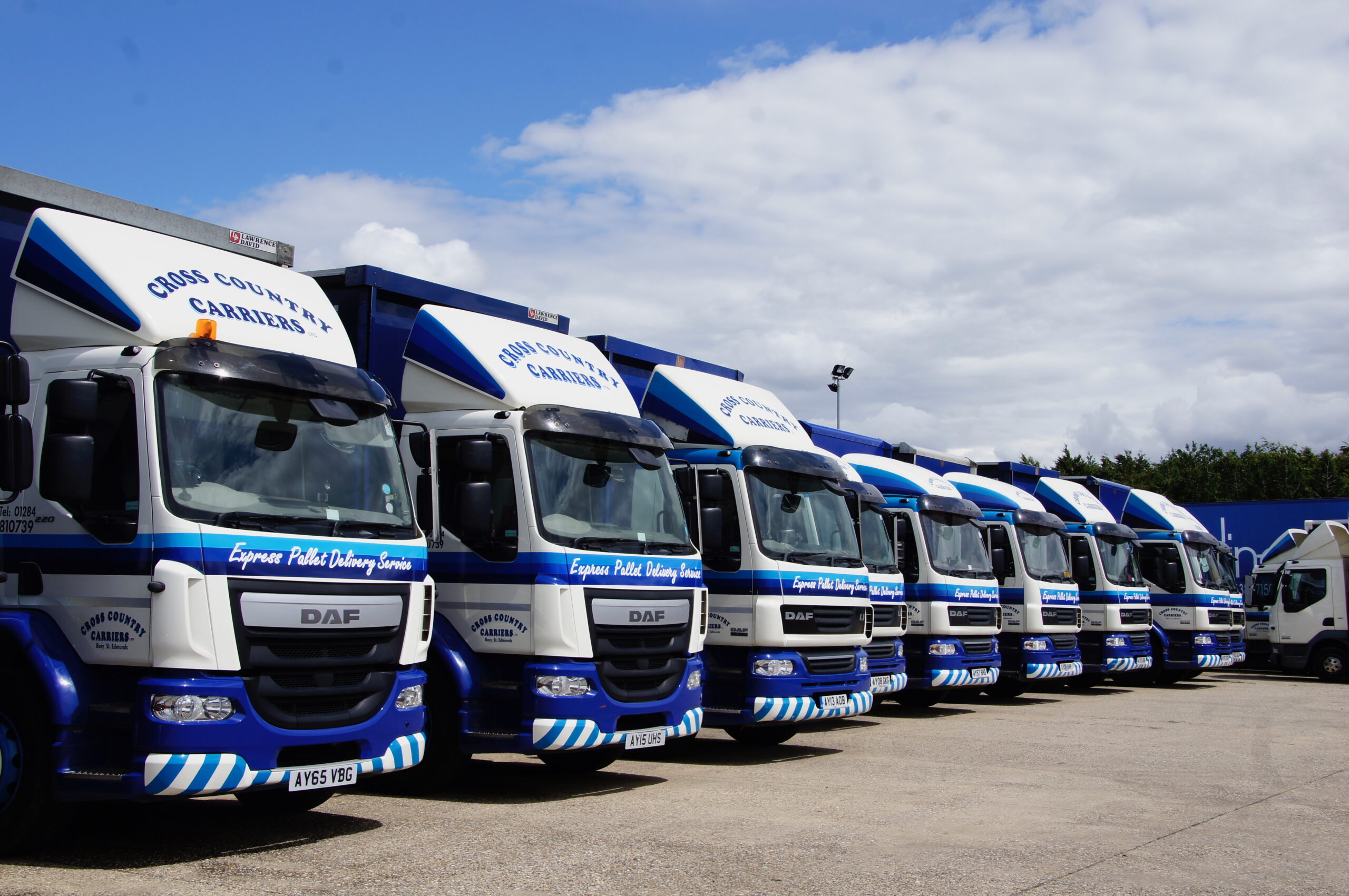
With the cost of living crisis looking like it’s here to stay, many understandably worry. However, it’s not always easy to cut costs, especially when you rely on the very thing that is driving prices up. The Ukraine/Russia conflict has hiked prices up worldwide and has a massive effect on Diesel and energy prices, leaving many wondering how they will heat their homes or get to work to pay the bills this winter.
HGV drivers are no different. As the haulage and logistics industry begins their busy period in the run-up to Christmas, many self-employed drivers wonder how they can foot their fuel bill – even with the extended fuel tax cut announced by the UK Government. So, we’ve put together a few tips that may help you tighten the belt whilst we ride out the storm caused by the crisis.
1. Track Fuel Prices
Most haulage companies will either have a fuel bunker available, or another means to fuel up before heading out on a long journey. However, you can’t always account for delays, so it’s essential to be prepared when you need to fuel up away from base. Time wasted looking for fuel sites carries a cost to the business.
For this reason, you should pre-plan or invest in a good fuel tracking app. There is a plethora of fuel sites & cards to choose from, and they enable you to plan your stops ahead of time, scan the area you’re in, and choose the most cost-effective option to fuel up at.
2. Reduce Weight of the Vehicle
Where possible, dropping the weight of the vehicle, be it through the goods being loaded or the specific parts of the lorry such as aluminium and metal alloys (for example, opting for wheels, brakes, cabs, and other components that are made of a lighter material can do this), can help you save fuel. Generally, a 10% reduction in truck weight can reduce fuel consumption by 5%-10%.
3. Avoid Idle Engines
Again, this may be stating the obvious, but even though it’s convenient to leave your engine on during quick breaks, it’s costing hauliers a lot more than it’s worth. According to research, a standard 420HP engine consumes fuel at a rate of 2 litres per hour when stationary and idling.
So, you may want to think twice before leaving the engine on.
Cross Country Carriers are proud to work with drivers committed to delivering your goods safely and environmentally considering to their destinations. We value our drivers and we work hard to reduce our environmental impact.


